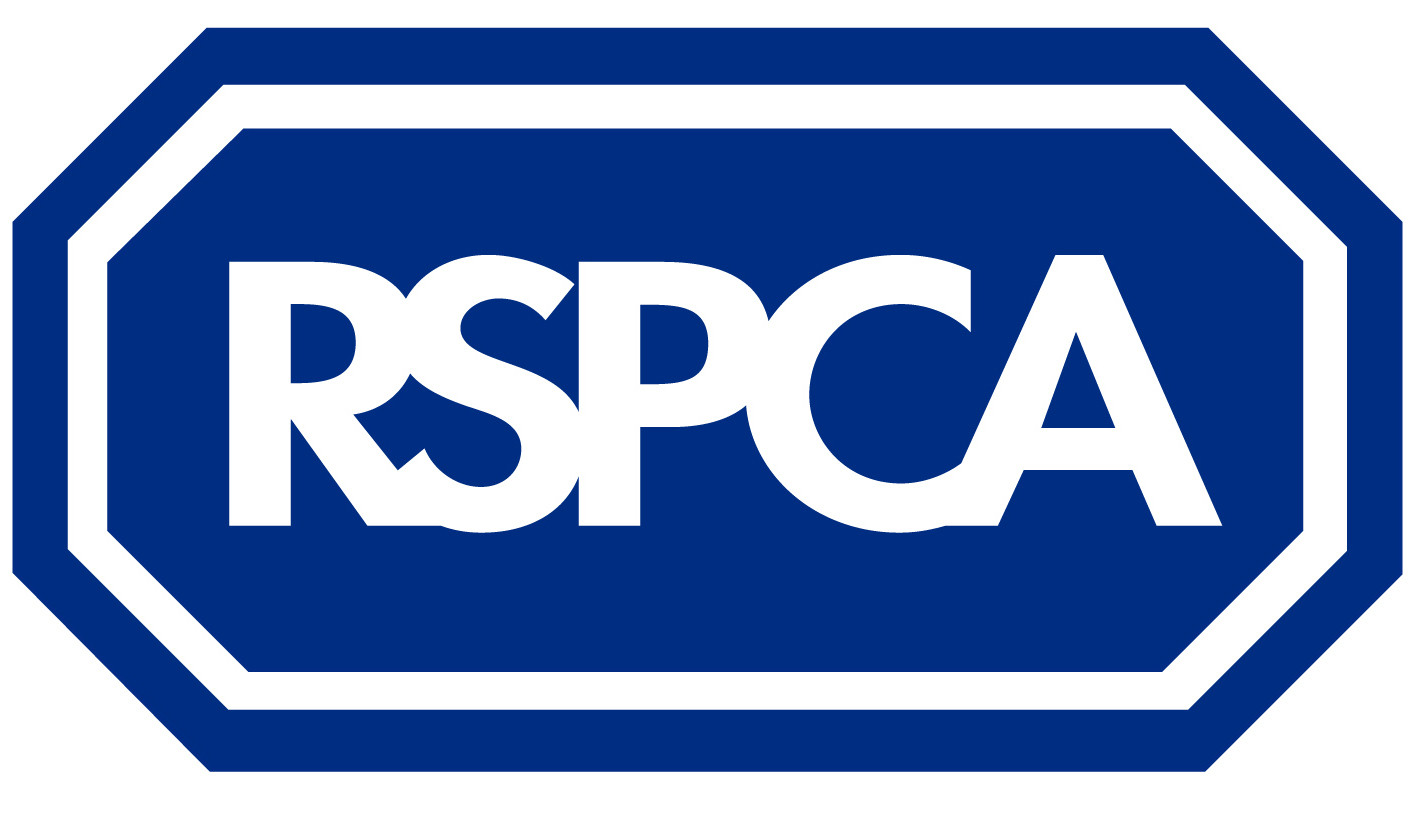The RSPCA: What’s not to like? Well, as I found in my time as an RSPCA branch trustee, quite a lot of people find quite a lot of things not to like about the world’s oldest and largest animal welfare charity.
On the one hand, the RSPCA does great work in terms of pet and wildlife welfare. It states: “Everything we do is focused on achieving our vision to live in a world where all animals are respected and treated with compassion”. In 2020, the RSPCA investigated over 57,000 complaints of animal cruelty.
However, there is a major disconnect between its goals and its stance on meat and dairy. I often had to defend my involvement with the RSPCA (the branch did excellent work locally), particularly when talking to others who, like me, have adopted a plant-based diet.
The criticisms typically centred on the RSPCA’s unwillingness to align its policies and actions with the climate crisis and the welfare of farmed animals.
I was one of a three-person Animal Rebellion delegation to visit the RSPCA’s headquarters at the end of April. One of the others was Jane Tredgett, a former national trustee of the RSPCA, who had been trying to get the charity to reform for more than a decade, alongside our wonderful Animal Rebellion spokesperson, Harley McDonald-Eckersall.
The three of us were calling on the RSPCA on behalf of Animal Rebellion to publicly acknowledge that our food system cannot protect or respect animals and is a major contributor to the climate crisis, as a result of which millions of people and animals are already suffering.
The RSPCA clearly knows there is a problem here.
One of those to meet with us was the RSPCA’s director of advocacy and policy, Emma Slawinski. In a COP26 blog, Emma wrote: “Reducing the number of animals being farmed globally – and the amount of meat, eggs and dairy being consumed – should be a key focus of any discussion on climate change.”
She noted that the topic of livestock reduction was almost totally absent at COP26. She continued: “Animals are majorly impacted by the changes in the environment caused by human activity. Alongside the alarming figures around the extinction of species, we see individual suffering writ large in the destruction of habitats, water scarcity and extreme weather events.”
So where are the RSPCA policies that align with this?
Unlike the RSPCA, our position is clear.
From a moral and logistical perspective, meat, dairy and fishing are no longer justifiable. Meat and dairy are the third largest emitters of greenhouse gases and fishing (particularly industrial fishing) is largely unregulated and responsible for species extinction and enormous amounts of waste and pollution.
And clearly the climate emergency is upon us – if we don’t make significant changes in the next few years then the level of warming we’re facing in this generation will be catastrophic, not to mention what comes after that.
What We’re Asking
The RSPCA has a significant platform and trust from the public. It is also nearing a major milestone, its 200th anniversary. When it was formed, it was on the cutting edge of animal protection, founded by brave people who put themselves on the line to do what was right and just.
Somewhere during those 200 years, the RSPCA lost its boldness. Its culture became one of conservatism, not wanting to upset people, not willing to come out and do what is right, and reluctant to challenge the meat and dairy industry.
Far from advocating a fair transition to a plant-based food system, it provides a cover of respectability to the meat, egg and dairy industries through its pretty woeful RSPCA Assured scheme. The RSPCA Assured scheme website even includes chicken, egg, pork, turkey and other recipes – https://www.rspcaassured.org.uk/recipes/ The RSPCA’s staff canteen isn’t even plant-based.
The Assured logo – producers have to pay to be accredited – lulls consumers into thinking the food they are buying is farmed to high animal welfare standards. In fact, the bar set by the RSPCA is incredibly low (e.g indoors, farms can have 19 chickens/m2 of available floor space) and the accreditation criteria are peppered with worthless words, such as “encouraged to”. You can read the whole sorry lot of criteria here: https://science.rspca.org.uk/sciencegroup/farmanimals/standards The argument is that an Assured scheme is better than nothing. As ambitions go, that’s pretty lame.
If we made a fair transition to a plant-based food system then there would be no need for the Assured scheme.
We believe that the RSPCA can recapture the bravery of its founders. The crises that we face mean large, influential entities such as this need to lead, be bold and speak the truth.
Unfortunately, after two weeks of waiting, all we had back from the RSPCA were woolly words, with absolutely no commitment to take action to shift its policies. We are now planning next steps in this campaign – watch this space.
At the heart of rebellion is a belief that change is possible. It’s time to stand up. And Animal Rebellion’s stance is clear: will take action until there is climate and animal justice and a transition to a fair, sustainable plant-based food system. The RSPCA must join this movement for a better world.

